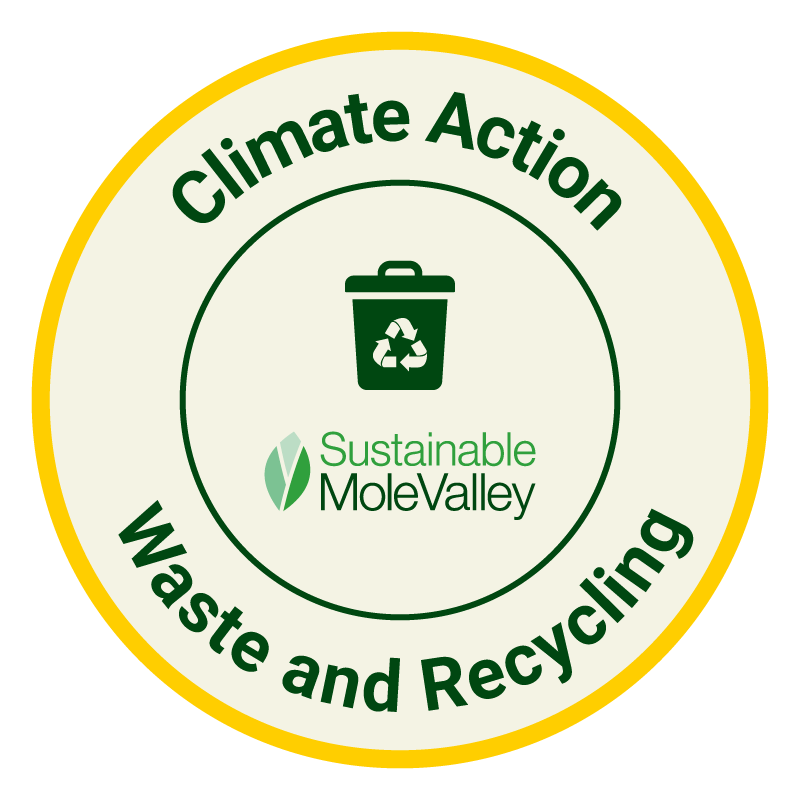When we hear the phrase “Reduce, Reuse, Recycle,” we often focus on the last word recycle. While recycling is better than sending waste to landfill, it’s important to remember that recycled waste is still waste. A better approach is to reduce the amount of waste we produce in the first place even the items we currently put in our recycling bins, like empty bottles, jars, and containers.
The emptier your bin, the lower your carbon footprint! There are plenty of easy ways to cut down on waste:
- Use refillable cleaning products and candles
- Repurpose jars and containers
- Switch from bottled shampoo and shower gel to soap bars
- Cook from scratch
- Pack lunches for work
- Use reusable coffee cups and water bottles
Looking for more ideas? Check out our World Refill Day post or visit the Refill website for inspiration.
Learn More About Waste and Carbon Footprint
To understand the full lifecycle of a product from creation to disposal visit BBC Bitesize and explore the basics for a cradle to grave concept. For how this links to a business’s carbon footprint, consult the GHG Protocol a globally recognised set of standards for measuring and managing greenhouse gas emissions.
What Can You Recycle?
Did you know the UK government updated its list of recyclable items in May 2025? Many items we assumed were recyclable such as candle containers, glassware, ceramics, laminated foil (e.g., pet food and coffee pouches), and wet wipes are now not accepted in standard recycling collections.
Keep in mind: accepted materials vary between councils, boroughs, and districts. That’s because Materials Recovery Facilities (MRFs) differ in the equipment they use.
In Mole Valley, our recycling contractor JWS, Joint Waste Solutions has created a helpful online tool called “What do I do with…” a searchable guide to help Surrey residents understand what goes in the recycling bin. You’ll also find a list of local recycling centres to help you manage waste responsibly and keep as much as possible out of landfill.
We’ve included the full list of not typically recyclable items at the end of this article. You can also find clear, up-to-date recycling guidance on the UK Government website.
Items not typically collected with recycling
You should provide clear information for your employees, customers and visitors about what can and cannot be recycled in each bin.
The following lists give examples of items that are not typically collected in dry recycling collections. These are not complete lists. You should check with your waste collector.
Glass
Items not collected include:
- candles
- drinking glasses
- flat glass
- glass cookware (such as Pyrex)
- light bulbs and tubes
- microwave plates
- mirrors
- vases
- window glass
- ceramics, such as crockery or earthenware
Metal
Items not collected include:
- laminated foil, like pet food pouches and coffee pouches
- electrical items and batteries
- general kitchenware like cutlery, pots and pans
- kettles
- irons
- pipes
- packaging that has contained white spirits, paints, engine oils or antifreeze
Plastic
Items not collected include:
- any plastic packaging or non-packaging items labelled as ‘compostable’ or ‘biodegradable’, including coffee pods
- packaging that has contained white spirits, paints, engine oils or antifreeze
- bulky rigid plastics such as garden furniture, bins and plastic toys
- polystyrene (expanded and high impact) packaging such as packing beads
- polyvinyl chloride (PVC) packaging
Paper and card
Items not collected include:
- tissues or toilet paper
- absorbent hygiene products (AHPs) including nappies, period products and incontinence products
- cotton wool or makeup pads
- wet wipes
We’ve awarded this story the Waste and Recycling badge for raising awareness about how improperly discarded waste can contaminate our recycling streams



